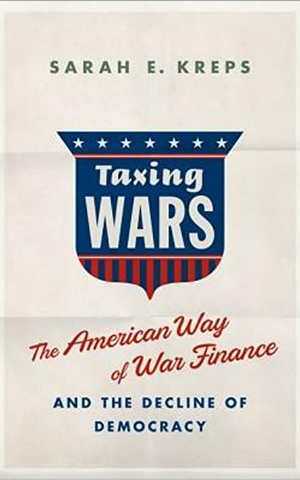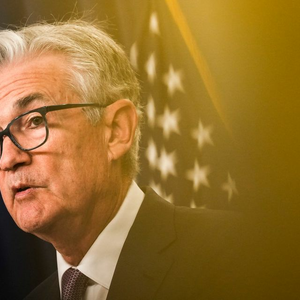Monetary Policy
Most recommended content
See AllFeatured creators
See AllFormer senior fed trader
Author of four books, including two on drones, one on U.S. military interventions after the Cold War, and the most recent on how the United States pays for its wars. A life member of the Council on Foreign Relations, her writing has appeared in various publications including The Washington Post, International Herald Tribune, and The New York Times.
Author, activist, physician, and retired politician. U.S. Representative for Texas's 22nd congressional district and Texas's 14th congressional district. Three-time presidential candidate.
Canadian economist and banker. Former governor of the Bank of Canada (2008-2013) and the Bank of England (2013-2020). Currently vice chairman and head of Impact Investing at Brookfield Asset Management.
Joined Slate in 2010 to revamp coverage of business and the economy. Has appeared as a guest on various TV shows including PBS Newshour, The Rachel Maddow Show, Morning Joe, and Real Time with Bill Maher.
Banker, economist, and politician. President of the Federal Reserve Bank of Minneapolis. Former interim Assistant Secretary of the Treasury for Financial Stability.





